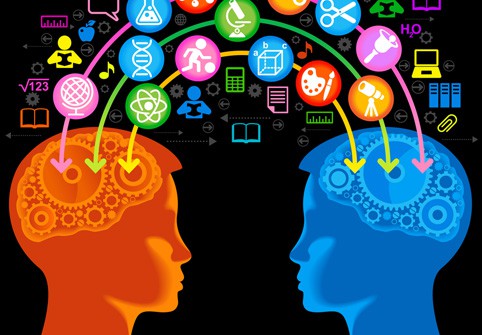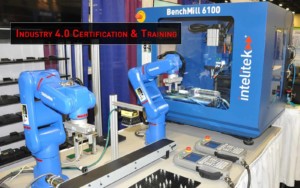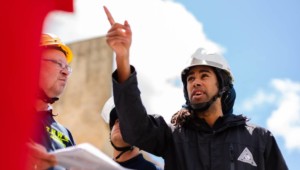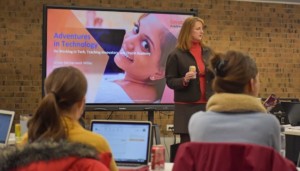Post-Industrial Pedagogy

By: Tom Carroll
Global education advocates, policymakers and teachers joined Promethean and Cisco for a live, debate yesterday – held virtually via Cisco TelePresence Systems and Social Media Channels – about creating new policies and practices to improve quality and access to education.
The debate question, which guest speakers Andreas Schleicher of OECD and Carol Bellamy of the Global Partnership for Education will address, is: Can we achieve both access and quality in education?
Quality and access to education continue to top the list of education priorities in countries across the world. But finding balance between both access and quality is something policy makers, educators and community leaders have wrestled with for decades.
Today, students, teachers and policy influencers from 11 different countries joined in via 20 different Cisco TelePresence rooms for the seventh Education Fast Forward (#EFF7) debate to examine how we can achieve better skills, better jobs and ultimately better lives.
After a lively 2-hour discussion, the conclusion from today’s debate is that we need to reinvent teaching and learning. Today’s world is a place in which every child must not only know more, but they must do more with what they know.
We used to go to school to learn to work; now learning is the work. We used to count on education to prepare our students for citizenship; now citizenship is learning. We used to prepare our students for a rewarding life; now life is learning.
In the industrial era, we prepared students to do jobs. Going forward, we need to prepare every child to invent jobs that build on the passion, cooperation and drive for mastery that are the engines of innovation.
The panelists were struck by fact that we have a large number of new jobs that are going unfilled while at the same time we have high rates of youth unemployment. This paradox is explained by the fact that we have a growing mismatch between the knowledge and skills needed to do today’s work and the knowledge and skill industrial-age schools were designed to deliver.
In the industrial age education, students were prepared to be passive knowledge consumers. Today, with personal learning networks and social media networks, students have an unprecedented opportunity to contribute to knowledge creation, as they actively collaborate to master post-industrial skills.
One EFF panelist, Katrina Reynen, from Australia observed, nothing changes unless it changes in the classroom.
A new way forward
Imagine a world in which there are no teachers and students. A world where there are expert learners and novice learners who are co-creating the post-industrial world. A world where children are continuous life-long learners as they grow personally, engage in active citizenship and participate in a global innovation economy.
Data from PISA shows that when students engage simultaneously in education and work, their skills develop more rapidly. Education and business leaders have a vested interested in joining forces to create a seamless learning environment in response to this new reality. They both have a stake in developing innovators and global citizens who know how to collaborate to solve problems by developing new strategies with their post-industrial knowledge and skills. From these efforts, new pedagogies will emerge.
It is this post-industrial pedagogy that will require us to rethink and move beyond stand and deliver teaching. If we reinvent teaching new cross-generational learning teams of teachers, students and workforce partners can tackle real-world problems that make a local difference with global impact.
To close the gap between the schools we have today and the schools we need for the future, we need to empower teachers, students and workforce partners to join forces in innovation labs and learning studios. Considering that the accumulated knowledge of the world is at our student’s fingertips, what matters today is not what they know, but what they can do with what you know. This will serve as the foundation for the new post-industrial pedagogy.
We look forward to the next Education Fast Forward Debate where we hope to discussion some of these new pedagogies. To listen to the today’s discussion about access and quality in education, visit www.PrometheanPlanet.com/EFF.
About Education Fast Forward
Education Fast Forward brings together leading global experts and change agents from the world of education to discuss the topics that matter most. The forum addresses the key challenges facing governments, educators and employers both now and in the future, and aims to find practical resolutions. www.PrometheanPlanet.com/EFF. Stay abreast of Education Fast Forward news by following @effdebate.





0 Comments
Leave a Comment
Your email address will not be published. All fields are required.